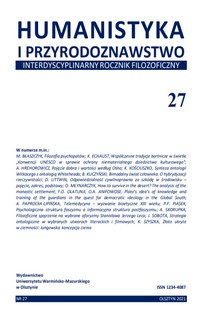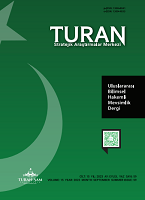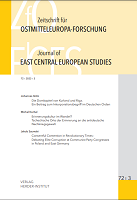Author(s): Memli KRASNIQI / Language(s): Albanian
Issue: 52/2022
With the failure of the 1848 revolution in the Austrian Empire and in the Poland of Tsarist Russia, many of the leaders of the uprising found refuge in the Ottoman Empire. This cause a new international crisis between the High Porte, Tsarist Russia and Austria. The imperial courts of these two countries, invoking the international treaties signed in the 18th century with the Ottoman Empire, demanded from the Sublime Porte the surrender of the Hungarian revolutionaries. Such threats, which also amounted up to the military intervention, were countered by the High Porte with explanations that no point in the previous agreements included an obligation to hand over those who had sought refuge in their empire. The British ambassador in Istanbul, Stratford Canning, had gone so far as to make it clear, that if Tsarist Russia attacks the Ottoman Empire for the aforementioned reasons, this would also be considered a declaration of war against Great Britain. As a global power, Great Britain was interested in freedom of navigation in the Mediterranean and the Black Sea, and that other competing powers, namely Tsarist Russia, will not be allowed access to Mediterranean Sea. In these circumstances, London would support the territorial integrity of the High Porte, trying to encourage this empire to reform itself. The Russian emperor openly stated that in the event of the disintegration of the Ottoman Empire, he would not allow to be established in Constantinople the British rule, just as he did not plan to establish himself in the old Byzantine capital. The Russian emperor also emphasized that if an agreement was not reached with Great Britain for the controlled division of this empire, then it could happen that Russia would also occupy Constantinople. So, one way or another, this was a threat by Russia in order to push for a deal with London. It must be said that, as far as the attitude towards Russia and the Ottoman Empire is concerned, a full agreement was previously reached between the four European powers: Great Britain, France, Prussia and Austria. London and Paris were in complete agreement about their common goal, preventing the realization of Russian plans for the final destruction of the Ottoman Empire. According to this plan, Austria and Prussia would not allow the outbreak of war between the Anglo-French-Ottoman coalition and Tsarist Russia. However, even if it came to this war, Vienna and Berlin would not allow the coalition war against Russia to escalate to the extent that would ruin the balance of forces in Europe.
More...










